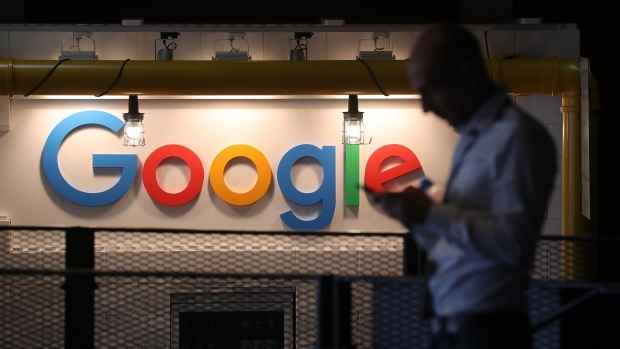Nov 15, 2019
Google gets U.S. Supreme Court hearing in Oracle copyright clash
, Bloomberg News

The U.S. Supreme Court will hear an appeal from Alphabet Inc.’s Google in a multibillion-dollar clash that has divided Silicon Valley, agreeing to decide whether the company improperly used copyrighted programming code owned by Oracle Corp. in the Android operating system.
The justices said they’ll review a federal appeals court’s conclusion that Google violated Oracle’s copyrights. Oracle says it’s entitled to at least US$8.8 billion in damages.
The case, which the court will resolve by July, promises to reshape the U.S. legal protections for software code, particularly the interfaces that let programs and devices communicate with one another. Google contends the appeals court ruling would make it harder to use interfaces to develop new applications.
The ruling “has upended the computer industry’s longstanding expectation that developers are free to use software interfaces to build new computer programs,” Google argued.
The appeals court decision reversed a jury finding that Google’s copying was a legitimate “fair use” of Oracle’s Java programming language.
“There is nothing fair about taking a copyrighted work verbatim and using it for the same purpose and function as the original in a competing platform,” the U.S. Court of Appeals for the Federal Circuit said in a 3-0 ruling.
At issue are pre-written directions known as application program interfaces, or APIs, which provide instructions for such functions as connecting to the internet or accessing certain types of files. By using those shortcuts, programmers don’t have to write code from scratch for every function in their software, or change it for every type of device.
Oracle says the Java APIs are freely available to those who want to build applications that run on computers and mobile devices. But the company says it requires a license to use the shortcuts for a competing platform or to embed them in an electronic device.
Oracle says Google was facing an existential threat because its search engine -- the source of its advertising revenue -- wasn’t being used on smartphones. Google bought the Android mobile operating system in 2005 and copied Java code to attract developers but refused to take a license, Oracle contends.
‘Incalculable’ Harm
“Naturally, it inflicted incalculable market harm on Oracle,” Oracle told the Supreme Court. “This is the epitome of copyright infringement, whether the work is a news report, a manual, or computer software.”
Android generated US$42 billion for Google between 2007 and 2016, according to Oracle court filings.
At the Supreme Court, Google argues that software interfaces are categorically ineligible for copyright protection. Google also contends that the Federal Circuit restricted the “fair use” defense to copyright infringement so much as to make it impossible for a developer to reuse an interface in a new application.
“What Oracle is seeking here is nothing less than complete control over a community of developers that have invested in learning the free and open Java language,” Google argued.
The Trump administration is backing Oracle at the Supreme Court and urged the justices to reject the appeal. Microsoft Corp., Mozilla Corp. and Red Hat Inc. are among the companies that urged the Supreme Court to give Google a hearing.
The case is Google v. Oracle America, 18-956.
--With assistance from Susan Decker and Naomi Nix.






